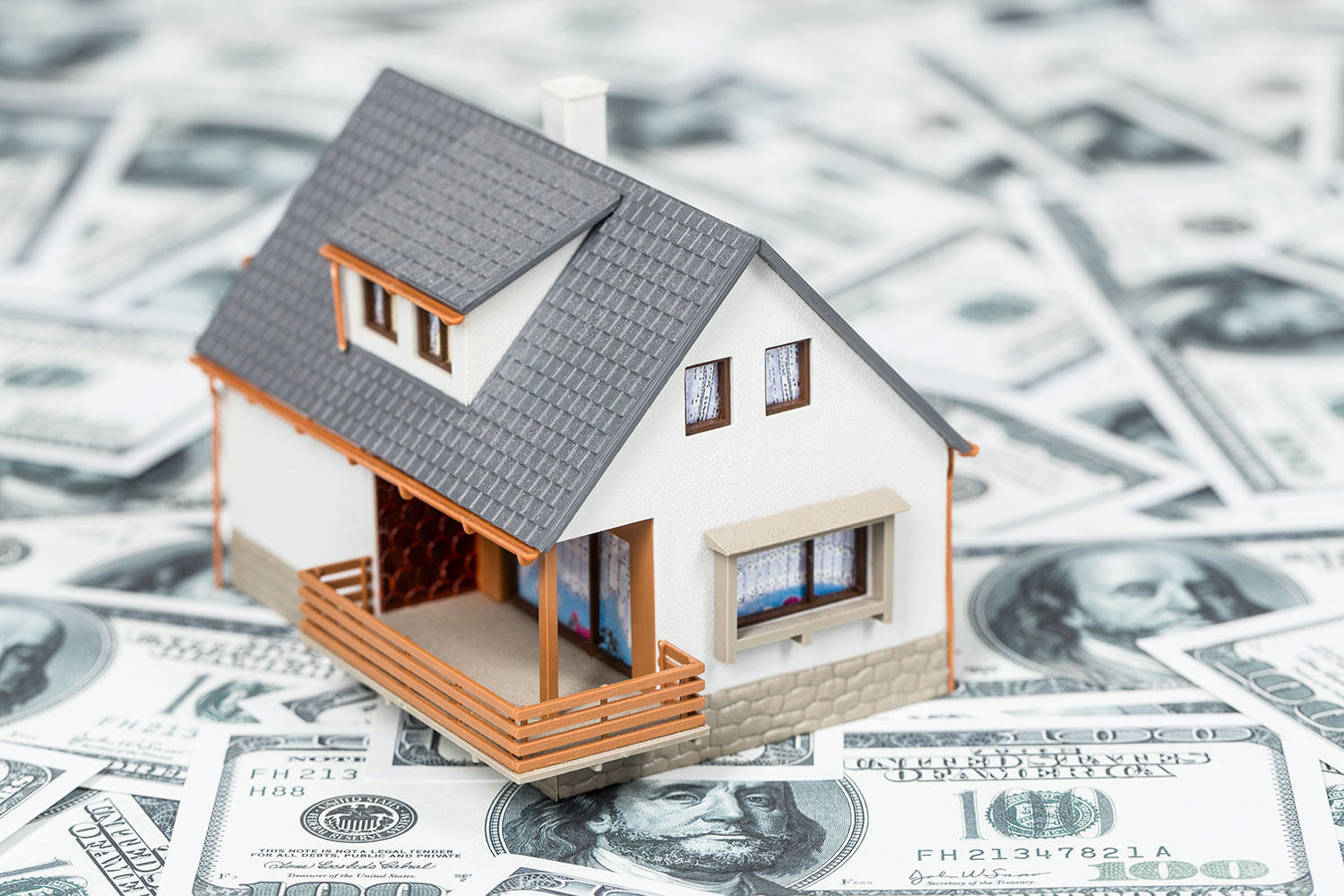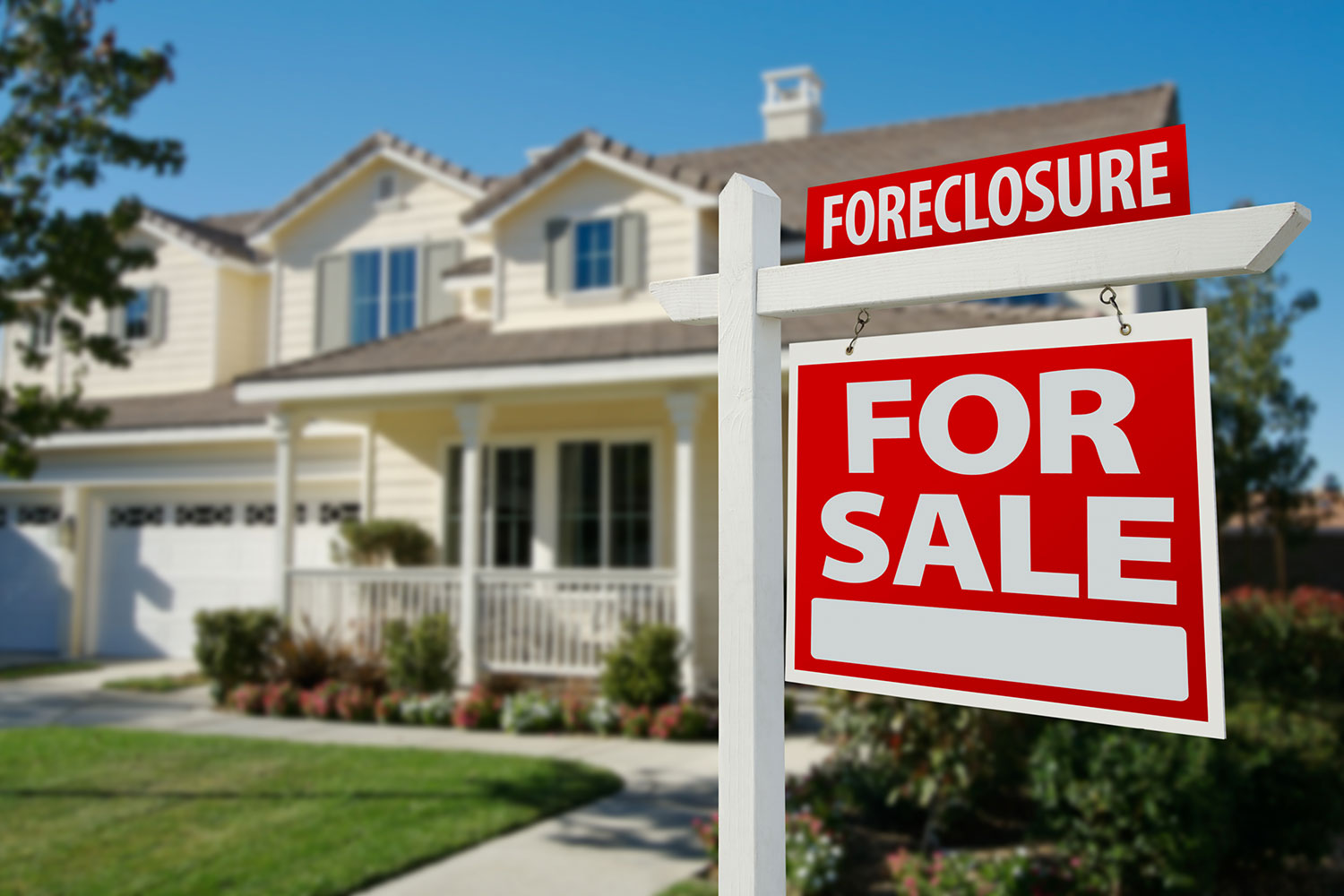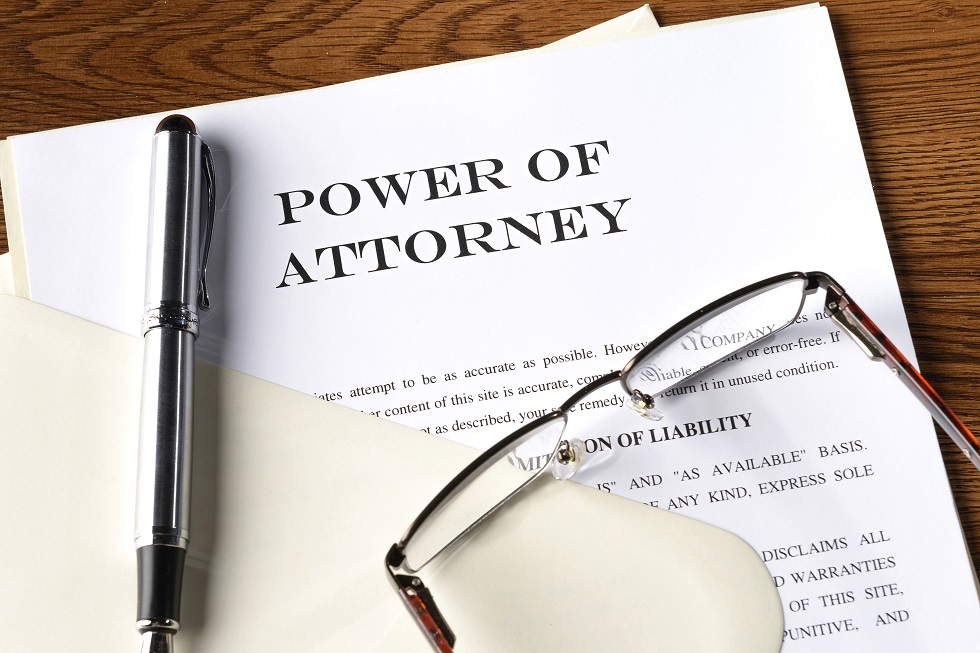
Understanding the Hidden Costs of Buying a Home
In our past article, we discussed the hidden costs involved in the home buying process. We discussed that some of these costs must be paid by the buyer upfront, and are nonrefundable – even if you end up not closing the deal. Yet others are required to be paid at the closing, or after the home is in your possession. We mentioned five charges that often catch first time home buyers by surprise. In this article we will discuss each in detail and provide you with an estimate of what you might expect to pay.
1. Home Inspection
After you submit an offer on a home and the seller accepts, it would be wise to hire a certified home inspector to examine the property to uncover any hidden structural, mechanical or other issues. If any problems are discovered, you can cancel the deal, or negotiate the repair terms with the seller before you finalize the deal. In so doing, you avoid purchasing a lemon or being responsible for repairing and paying for any existing issues.
Depending on your location, you can typically expect to pay between $200 and $600 for a home inspection — an upfront, out-of-pocket cost that’s nonrefundable if a deal falls through. While an inspection is not mandatory, it is a precautionary measure that all home buyers should take to avoid the potential of spending tens of thousands of dollars to repair an unknown problem discovered only after your purchase.
2. Appraisal Fee
Your mortgage lender wants to be sure the home you are buying is worth the loan they are providing to you. To that end, the lender will hire an independent certified appraiser to assess the value of the home for sale.
Appraisal fees vary by state and the size of the home, but on average they run $250 to $600. This is an upfront fee charged directly to you by the lender.
3. Escrow Account for Insurance Premiums and Property Taxes
Some lenders require that an escrow account be set up in conjunction with a mortgage loan agreement. The money that goes into the account is used by the lender to pay ongoing property-related expenses on the homeowner’s behalf, such as homeowner’s insurance premiums and property taxes. In that case, you may be required to make an initial deposit into the escrow account at the closing– typically 3 to 6 months of the estimated annual bill for taxes and insurance. Thereafter, each month, in addition to a mortgage payment, you will pay one-twelfth of the estimated annual bill for taxes and insurance to the lender. The lender will use this money to pay the property taxes and homeowner’s insurance premiums as they become due. Escrow accounts are mandatory for buyers who have a down payment of less than 20%; and other types of loans, such as FHA loans.
If you don’t have an escrow account with your mortgage, you are responsible for paying your insurance premiums and property taxes on your own. Homeowner’s insurance premiums can be paid monthly or in a lump sum annually; property taxes typically become due once or twice a year, depending on where you live.
4. Closing Costs
While having enough money saved for a down payment is an important step in buying a home, it is not the only cash you will need to complete your purchase. You will also need an additional 2% to 5% of the home purchase price to cover closing costs. This can include title insurance charges, attorney’s fees, loan fees, real estate transfer taxes, and prepaid homeowner’s association fees.
5. Home Maintenance and Repair
Certain costs can creep up on you once you have the keys to your new home in hand. Unlike renting, in which a landlord foots the bill for maintenance, as a homeowner you’re on the hook for any upkeep and repair costs.
For example, you may want to change the locks if you buy an existing home. In Chicago, it costs about $150 per lock to have a contractor install a mid-grade entry door lockset. Or you might want a fresh coat of paint on your new home. Getting a professional to paint an average-size single-family home (2,598 square feet, according to the U.S. Census Bureau) will cost nearly $6,300, including labor and materials, in the nation’s capital. If you buy a home with a yard, you also need to factor in the cost of maintaining it yourself (including the purchase of a lawn mower and other lawn care equipment) or paying a landscaper. In Chicago, for example, the cost of hiring a pro to maintain your lawn, including labor and materials, could easily cost you $2,500 for the season. Plus, further down the road of home ownership, you will need to replace kitchen appliances, water heaters, furnaces and more.
Understanding all the fees and costs associated with a real estate purchase could be daunting, particularly for a first-time buyer. An experienced real estate attorney can familiarize you with the issues you need to know so you can make informed decisions through the purchasing process.
For more information about residential and commercial real estate purchases, or sales, please call our real estate attorneys at the Law Offices of Azita M. Mojarad, P.C.



